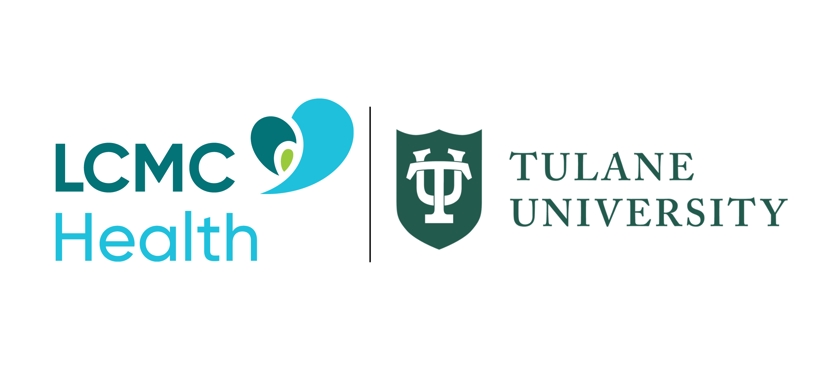What should I know about organ donation?
- Category: Surgery, Surgical Care
- Posted on:

When weighing the pros and cons of organ donation, know that one organ donor can save as many as eight lives! Even so, the need for organs is always greater than what’s available.
We can each play a role in changing that. Signing up as an organ donor may seem insignificant in the face of such great need, but every donor helps.
Are you considering enrolling as an organ donor? Our LCMC Health team answers a few common questions about organ donation below. Keep reading to get the facts.
Q: Who can become an organ donor?
A: Every person is a potential donor! People of all ages, races and medical backgrounds can donate organs, and adults can enroll in a donor registry recording their wish to donate after death.
Ultimately, whether your organs can be transplanted will depend on your medical condition at the time of your death. The actions you take now are simply setting you up to donate if it’s possible.
Q: What is the process for organ donation?
A: The first step in the process is to choose to donate your organs and tissues after you die. Once you’ve decided, you’ll want to enroll in the state donor registry.
Every state’s process is slightly different. In Louisiana, you can register to donate organs and tissue by filling out a simple form online, which logs your decision in the Louisiana Organ, Tissue & Eye Donor Registry. You can also register as an organ donor at the Louisiana Office of Motor Vehicles.
After registering as an organ donor, let your family and other loved ones know about your decision. When you pass away, your cause of death and other factors related to your condition will determine whether your organs are eligible for donation and which organs and tissues can be donated.
Organ donors and people on the transplant waiting list are matched based on blood type and body size. The body isn’t marred when organs are removed from the deceased donor’s body, so an open-casket ceremony is still possible if desired.
Q: Who benefits from organ donation?
A: Thousands of Americans benefit from organ donation each year—and the need for transplants continues to grow. According to the United Network for Organ Sharing, more than 42,800 organ transplants were performed in 2022 alone.
Many different organs and tissues can be donated by a deceased donor, including the heart, kidneys, lungs, pancreas, liver, intestines, corneas, skin, tendons, bone, nerve and heart valves. That’s how a single organ donor can save multiple lives.
While more and more people are registering to donate their organs after death, the need remains great. More than 100,000 Americans are on a waiting list for an organ transplant.
Q: Can you donate organs while you’re alive?
A: Most organs are essential to the body’s functioning and thus can’t be removed before death. There are a few exceptions, though!
The most common type of living organ donation is the donation of a single kidney. While the kidneys are essential for removing waste from the body, you can live with one kidney, so donation is possible.
Though you can’t live without a liver, donating a segment of the liver is possible. When part of the liver is removed, the remaining cells grow until the liver returns to its previous size.
In rare cases, one lobe of the lung, part of the pancreas or part of the intestine can also be donated. These organs do not regrow, but the remaining portion of the organ can be sufficient for supporting the needed function.
Living donors can provide specific tissues, including skin, bone, healthy bone marrow or umbilical cells, and blood cells. More than 6,000 living donation transplants occur in the U.S. each year.
Is it time for a checkup? Regular visits with a primary care provider can help keep you at your best. Find one here.

